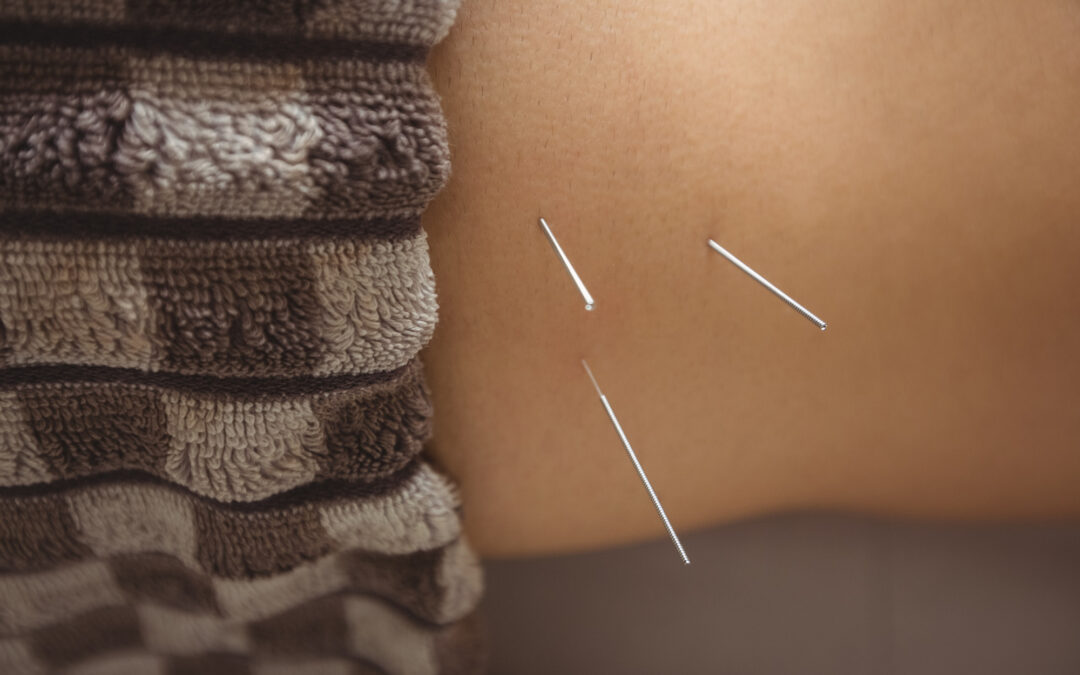Millions of people struggle with insomnia, restless nights, or waking frequently without feeling refreshed. While medications may provide temporary relief, they often come with side effects and do not address the root cause of sleep disturbances. Acupuncture offers a natural, holistic approach that supports the body’s own ability to restore healthy sleep cycles.
How Acupuncture Promotes Sleep
According to Traditional Chinese Medicine (TCM), insomnia often arises from imbalances in energy flow (qi) related to the heart, liver, or kidney systems. Modern research also shows that acupuncture influences the nervous system and hormone regulation. Treatments can:
- Calm the sympathetic nervous system and shift the body into a restful state.
- Stimulate the production of serotonin and melatonin, key chemicals for sleep regulation.
- Reduce anxiety and stress that keep the mind overactive at night.
- Improve circulation and relaxation of muscles, reducing physical restlessness.
By addressing both the mind and body, acupuncture can help break the cycle of sleeplessness and promote deeper, more restorative rest.
What to Expect in a Sleep-Focused Session
When you visit for insomnia treatment, the session begins with a detailed consultation. Your practitioner will ask about your sleep patterns, lifestyle, diet, emotional stress, and overall health. Based on this assessment, a customized treatment plan is created.
During treatment, ultra-thin needles are gently inserted into specific points, such as those on the ears, wrists, feet, or scalp. These points are known to calm the mind and regulate the body’s sleep-wake cycle. Patients usually rest quietly for 30–45 minutes, often drifting into light sleep during the session itself. After several treatments, many people notice improvements such as falling asleep faster, fewer nighttime awakenings, and more energy during the day.
Lifestyle and Self-Care Tips for Better Sleep
Acupuncture works best when combined with supportive daily habits. Your practitioner may recommend:
- Maintaining a consistent sleep schedule, even on weekends.
- Avoiding caffeine, alcohol, or heavy meals late at night.
- Creating a quiet, dark, and cool environment for sleeping.
- Practicing relaxation techniques such as deep breathing or meditation before bed.
- Limiting screen time in the hour before bedtime to reduce stimulation.
Common Questions
- How many treatments are needed? Mild cases may improve in 2–3 sessions, while chronic insomnia may require weekly visits over several weeks for lasting change.
- Is acupuncture safe? Yes, acupuncture is safe when performed by a licensed practitioner using sterile, single-use needles.
- Can acupuncture replace medication? Acupuncture can reduce the need for sleep medication in some cases, but any changes should be discussed with your healthcare provider.
Conclusion
Insomnia can be frustrating and draining, but acupuncture offers a gentle, effective solution to restore balance and encourage natural sleep. With regular sessions and healthy routines, many patients experience more restful nights and better overall well-being.
Key Takeaways:
- Acupuncture helps regulate the nervous system and hormones tied to sleep.
- Treatments are calming, safe, and often improve sleep quality within a few sessions.
- Combining acupuncture with good sleep hygiene offers the best long-term results.
For official information, visit the National Center for Complementary and Integrative Health (NCCIH) (NCCIH Website) or the National Certification Commission for Acupuncture and Oriental Medicine (NCCAOM) (NCCAOM Website).
Looking for expert acupuncture in London Ontario? Our trusted acupuncturist, Tracey Li, is here to help.
She will address your health concerns with personalized treatments designed to alleviate pain, reduce stress, and restore balance.











